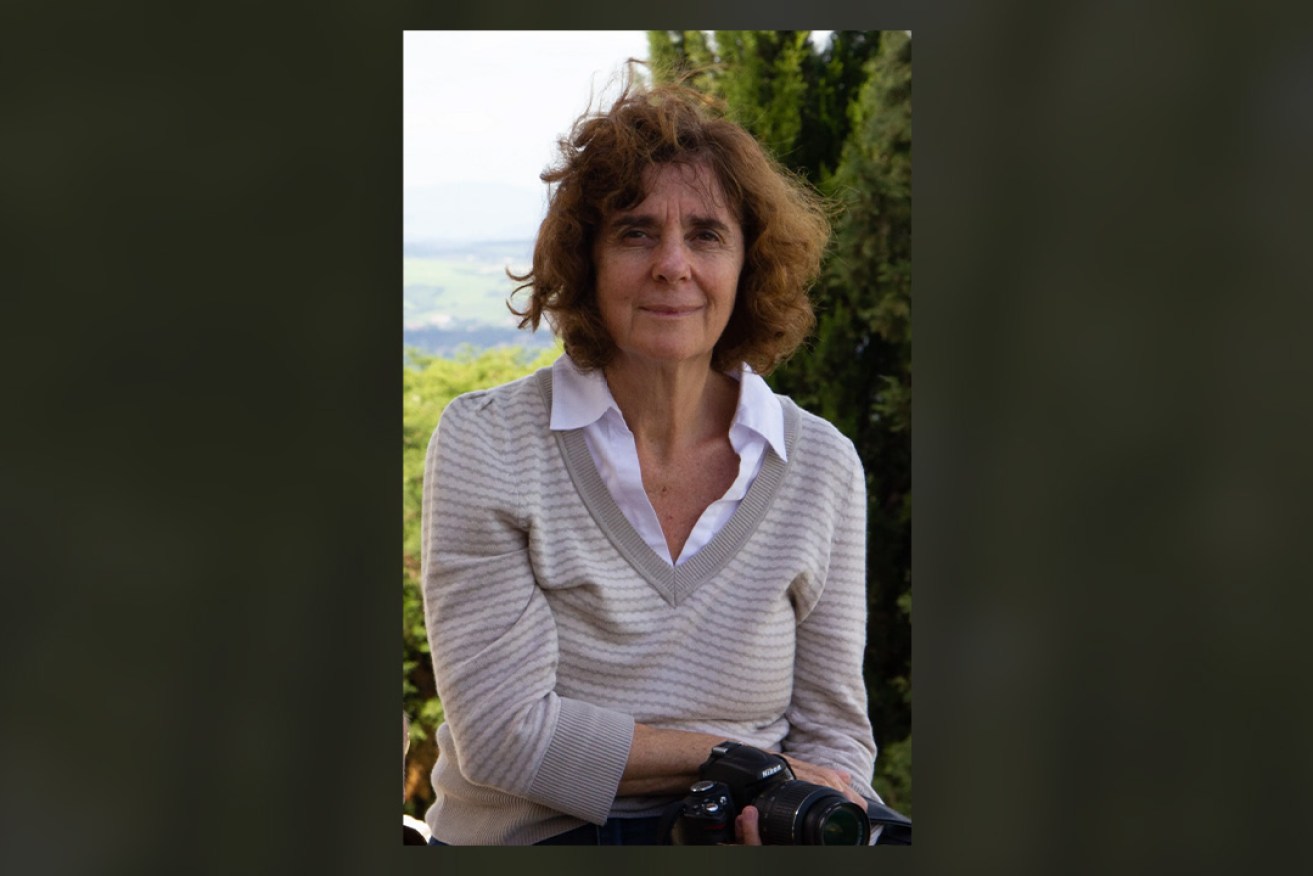When Indigenous AFL football stars Michael O’Loughlin and Adam Goodes were featured in the SBS TV series Who do You Think You Are, they joined Peggy Brock on film as she unveiled their remarkable heritage.
She was a historian who forged her own path investigating the history of Indigenous South Australians since British colonisation.
Her career defies her early choice to be a high school history teacher. One day she was asked by a student why they had to learn about Henry VIII. She realised she didn’t have an answer. She soon gave up teaching.
Instead, she turned her skills to helping Aboriginal communities write their histories for the period after the colonisation of Australia. This brought her national and international attention for the pioneering techniques she developed.
Her own family’s history suggests it played an important role in her career choices. She knew all about forced emigration and assimilation.
She was born to Austrian and German Jewish parents who were forced out of their homelands to the UK in the 1930s when Germany and Austria were more focussed on persecuting them for their socialist politics rather than Jewish identity.
Their common experiences brought them together as aliens with thick German accents in wartime Australia, where they married, Frank establishing himself as a businessman and Ilse a physiotherapist until Peggy’s birth in 1948.
Classical music and Viennese marching songs played in the evenings in the family home was one legacy of that background. Another was about the only Yiddish word Peggy would use; when she pinched her children’s cheeks and called them “schnookfaces”, an inverted term of affection.
Peggy grew up in Netherby and later Hazelwood Park and was educated at PGC, now Seymour College, where she excelled at netball and made many lifelong friends. She was adventurous and travelled widely, especially in Europe, in her twenties.
She caught the attention of the newly arrived young lecturer in history at the University of Adelaide, American professor Norm Etherington, when he noted her as the only student prepared to contradict him in tutorials. When they married a formidable force in energetic interrogation of history was created.
Peggy had by then left teaching and joined the State Public Service as a planner for the proposed city of Monarto. It was when that project was abandoned that she talked her way into the South Australian Aboriginal Heritage Unit, becoming the unit’s first historian.
It was a time when the previously neglected roles of Indigenous women in ritual, ceremony, remembrance and land use had been unearthed as female scholars began to investigate the riddle of women’s beliefs.
Peggy’s work focussed on the history of how they adapted to 150 years of new situations and technologies. Her first book, published by Wakefield Press in 1985, was a result of working with the Adnyamathanha people of the Northern Flinders Ranges.
Her next book was a collaboration with Doreen Kartinyeri on the history of the Anglican Church’s Poonindie Mission on Eyre Peninsula, the common thread to the stories of Michael O’Loughlin and Adam Goodes.
She worked with women to compile genealogies as well as to preserve their families’ photographs in official archives.
She became involved in native title claims and was a contributor to the findings of the 1990 Royal Commission into Aboriginal Deaths in Custody.
When Norm Etherington took up the history chair at the University of Western Australia in 1989, Peggy was completing her doctorate at the University of Adelaide. In Perth, the newly minted Dr Brock approached the newly formed Edith Cowan University and asked how she might help.
It was ideal timing, since the university was attempting to build a Department of Aboriginal and Intercultural Studies, yet had few staff with expertise in the field.
Using her work with South Australian Indigenous communities, Peggy was able to make significant contributions to the emerging fields of Indigenous studies in world history. In doing so she would bring her research in SA to an international audience.
Her major international work, taking 15 years, was a detective story of identifying and uncovering the scattered memoirs of a Canadian native American who had kept a journal from the 1850s to the 1900s. Years of painstaking transcriptions resulted in her book, The Many Voyages of Arthur Wellington Clah, being published in 2011.
When the family returned to South Australia in 2010, Peggy continued to carry out research as a visiting research fellow with the aid of Australian Research Council grants and as a contributor to books and studies.
One task was to encourage the publication of books on the still-neglected field of South Australian Aboriginal people in the post-colonial era. With Tom Gara as a co-editor, she compiled a set of contributors for Colonialism and its Aftermath, A history of Aboriginal South Australia, with Wakefield Press, since reprinted.
In all she wrote or edited eight books, six of them on South Australian Aboriginals.
Peggy died of cancer, and is survived by Norm, sons Nat and Ben and two grandchildren.





